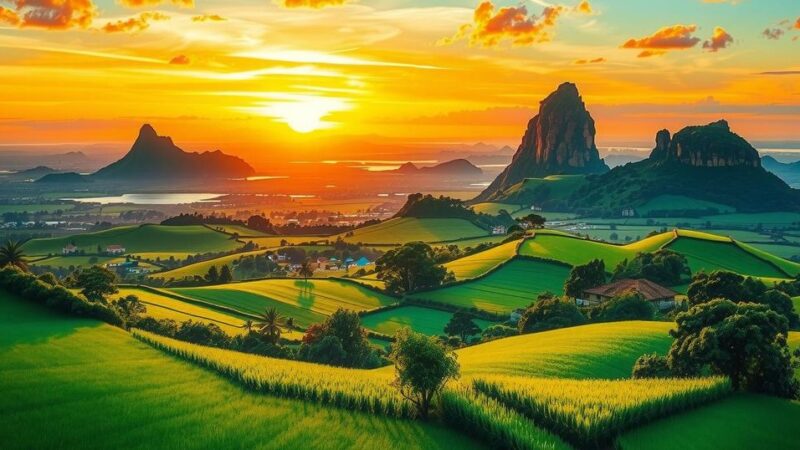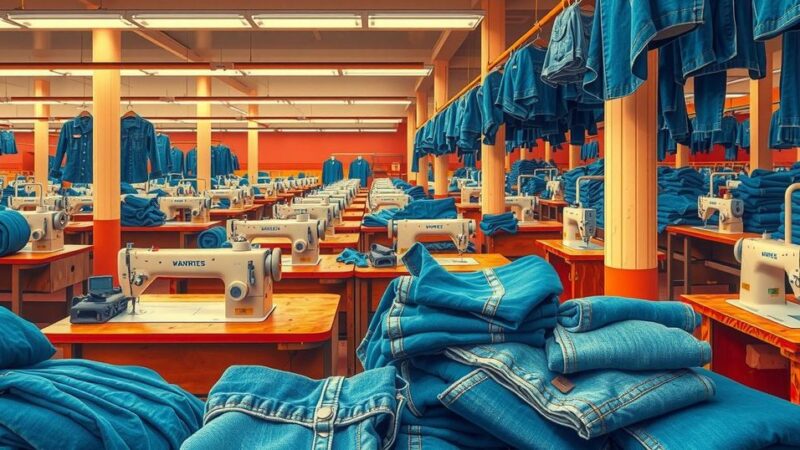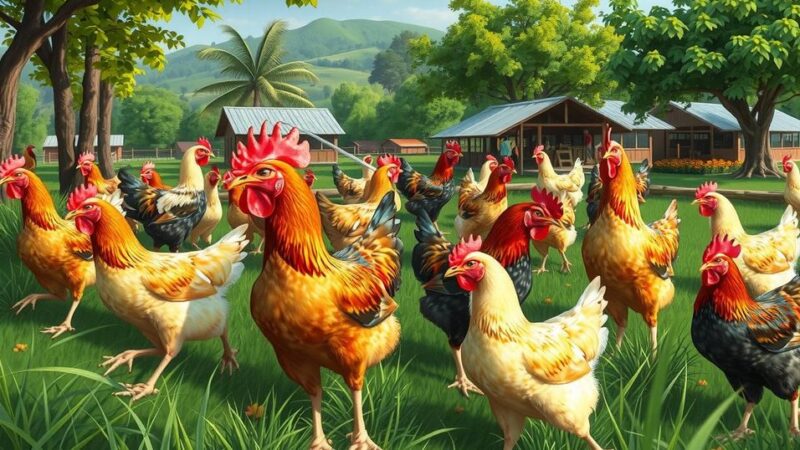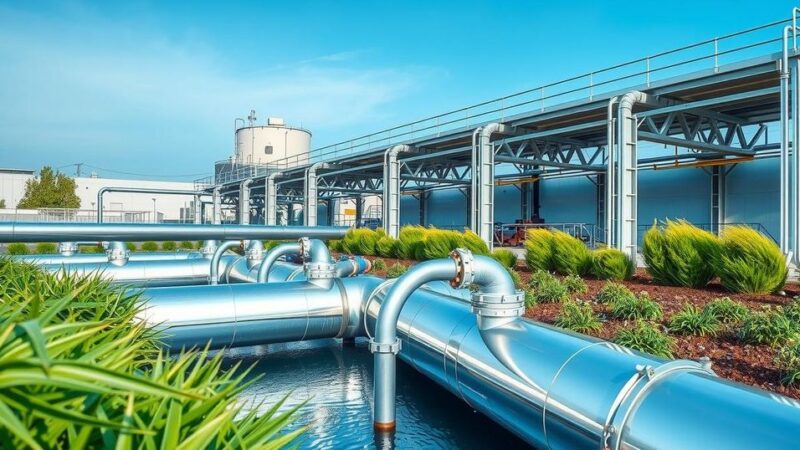Cocoa farmers in Indonesia are striving against climate change effects that threaten their crops. Rising temperatures and wet conditions are spreading pests and diseases, leading many to switch crops. Despite declining supplies and rising prices, Indonesia is the third-largest cocoa producer. Experts hope improvements in training and finance will enhance the industry’s future prospects.
In Indonesia, thousands of cocoa farmers are collaborating with businesses and organizations to mitigate the adverse effects of climate change on their crops. The rising temperatures and increased rainfall are contributing to the proliferation of harmful fungi and pests that threaten cocoa trees. As a result, many farmers are opting to cultivate alternative crops due to escalating costs, diminishing yields, and heightened risks. Although cocoa production is declining and prices are increasing, Indonesia remains the world’s third-largest cocoa producer, following Cote D’Ivoire and Ghana. Experts are optimistic that by providing farmers with enhanced training and financial assistance, the cocoa industry can thrive in the future.
In summary, Indonesia’s cocoa farmers are facing significant challenges due to climate change, leading to reduced yields and higher production costs. While this situation has driven some farmers to diversify their crops, there remains potential for the cocoa industry to flourish with improved training and financial backing. Indonesia’s position as a major cocoa producer underscores the importance of supporting local farmers in overcoming these obstacles.
Original Source: www.goshennews.com






